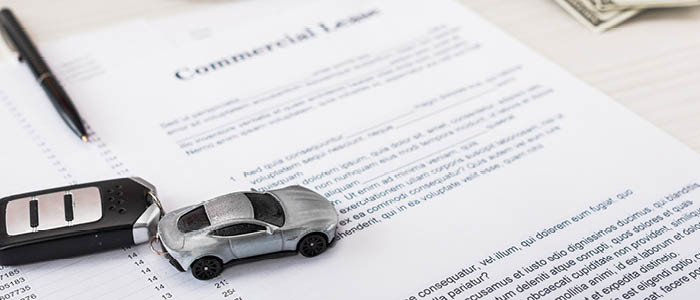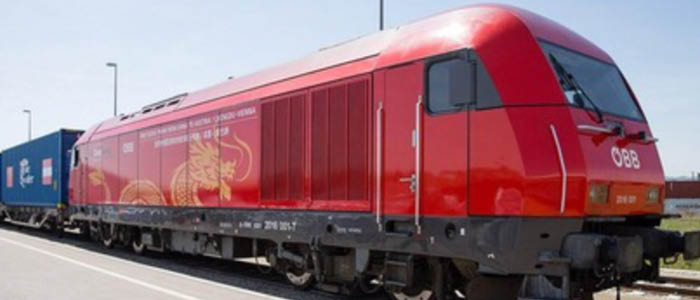We will start the overview of the transport and logistics sector in Lithuania by showing the key figures of carriage of goods performed by Lithuanian carriers. The amount of goods carried by all means of transport in Q1 and Q2 of 2019 was 35,025 billion tonne-kilometres – over 16% more than over the same period in 2018, when the amount was 30,175 billion tonne-kilometres.
Forwarder or Carrier? Liability of a Freight Forwarder Under Latvian law
The law on carriage of goods is a well-harmonized area of international law – a streamlined set of rules that allows cargo owners and carriers to save valuable time and resources. While freight forwarders are an important element of every consignment it is surprising that many elements of forwarder’s liability are still regulated by national law.
The GDPR’s Effects on the Transportation Sector
The GDPR, which canceled previous European data protection regulations, represents the biggest change in those regulations in 20 years. Naturally, this amendment affects the methods of obtaining and processing personal data regardless of the size and structure of the companies doing so. All institutions in the transportation sector, including land, sea, air, and rail operators, agencies, airlines, and municipalities are also subject to the GDPR’s requirements.
Aircraft Leasing and Sanctions: Know Your Risks
Although not specifically related to Russia, the agreement by the Office of Foreign Assets Control (OFAC) between it and the Apollo Aviation Group (Apollo) on the monetary compensation for the settlement of violations by Apollo of the Sudanese Sanctions Regulations that was announced on November, 7 2019, affects the aircraft leasing sector worldwide.



























